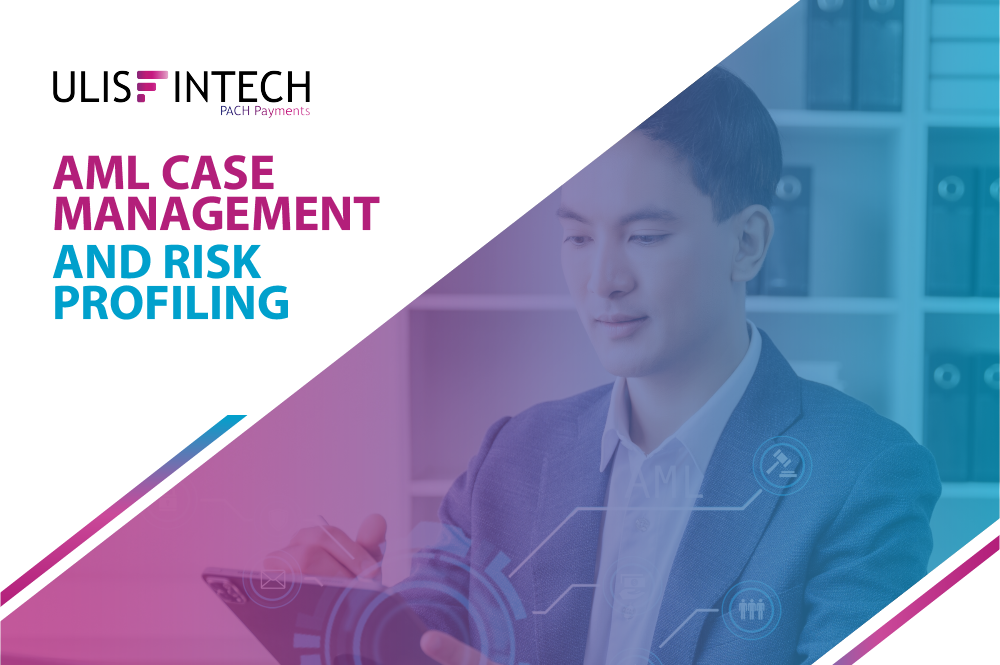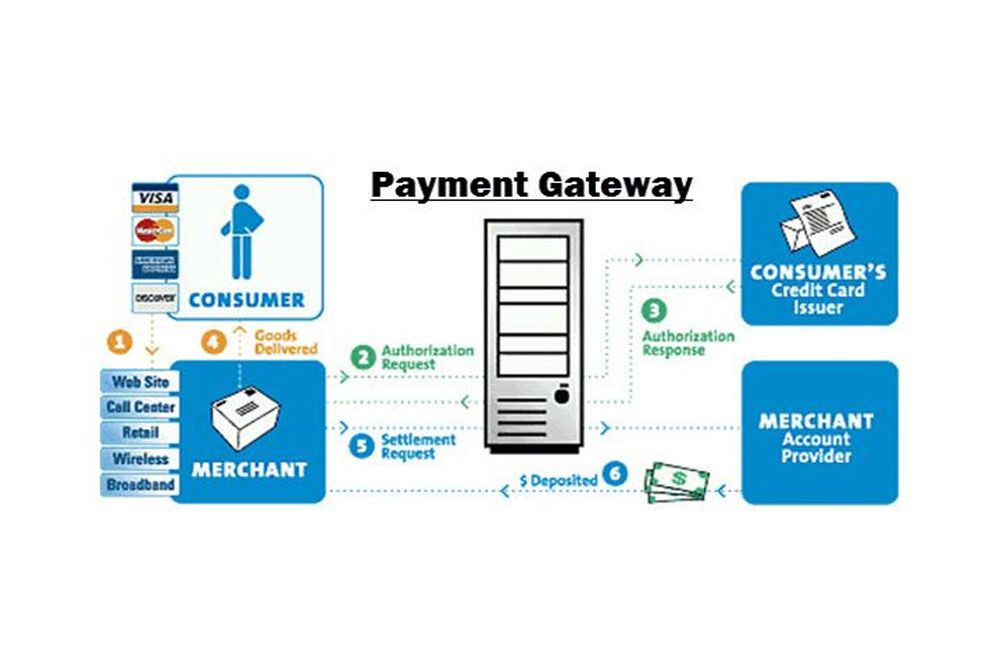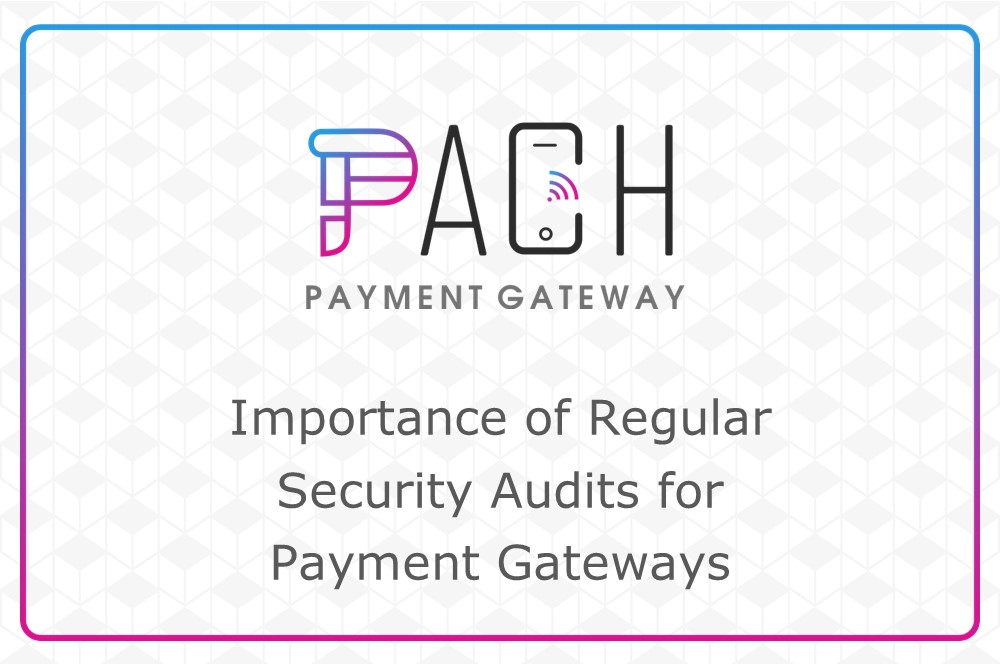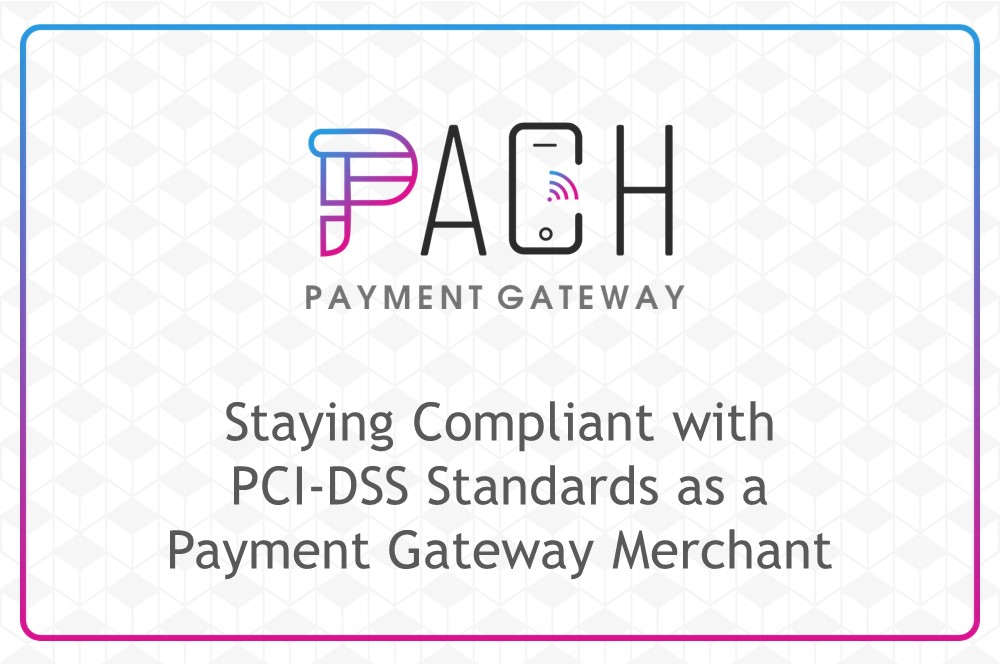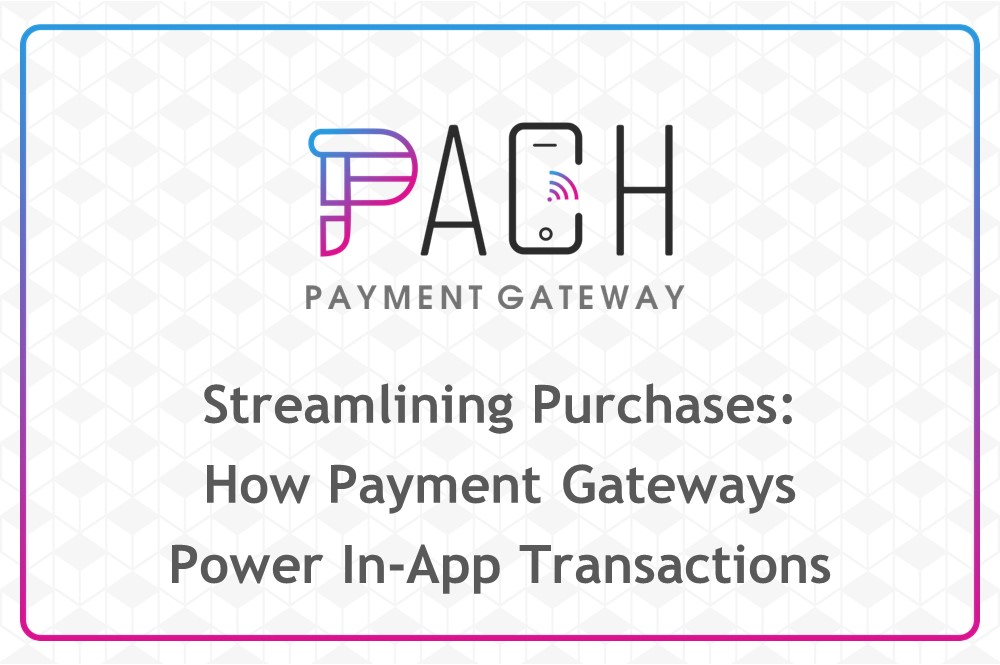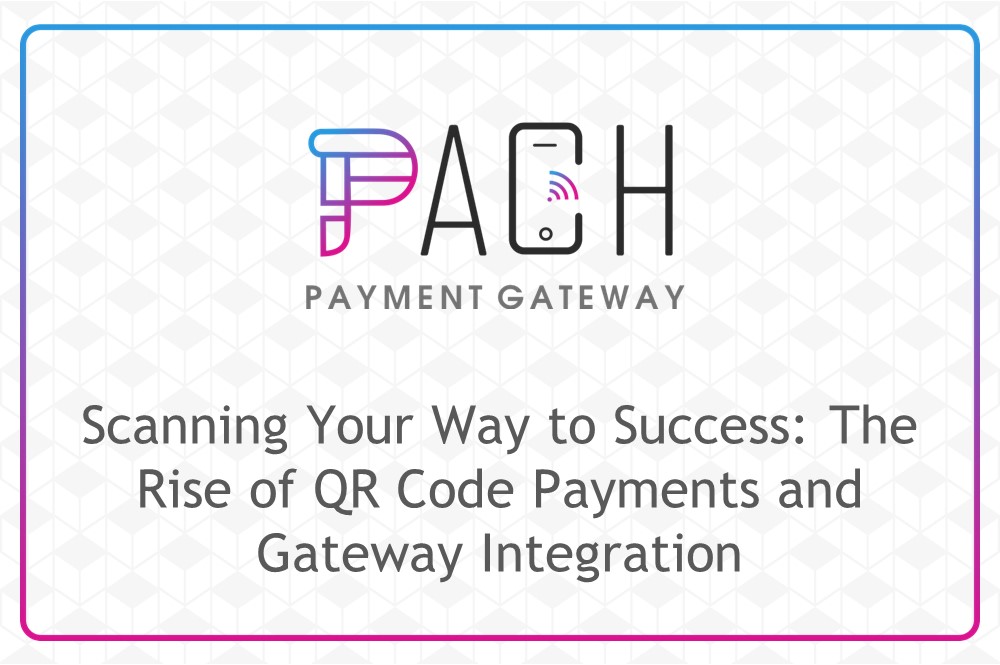Payment Gateways and the Impact of Cloud Computing
Aug 03, 2024 - 3 MINS READ
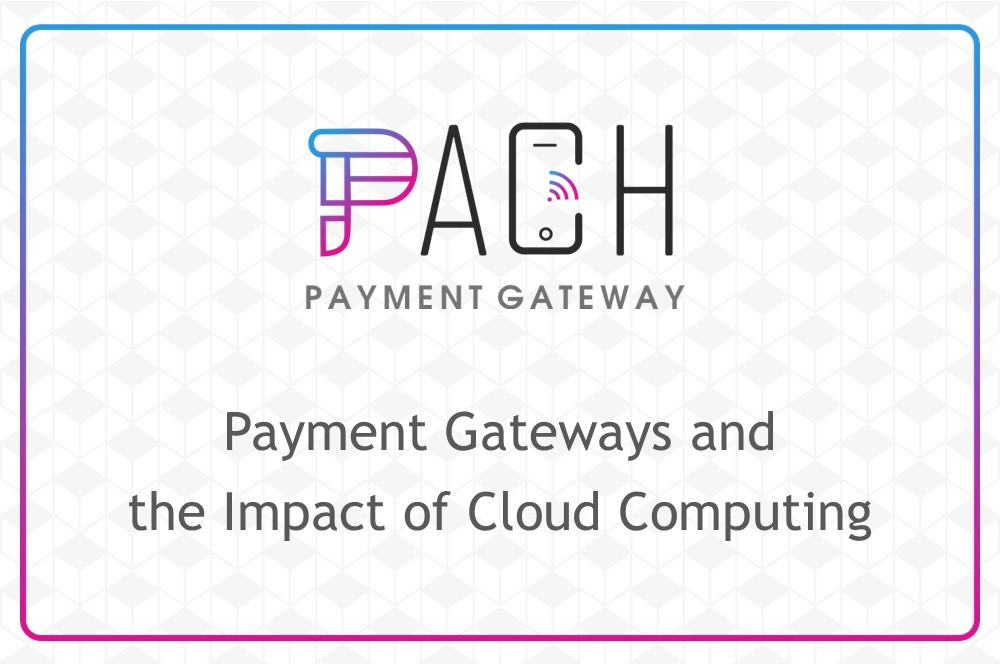
Introduction
The convergence of payment gateways and cloud computing has reshaped the financial industry. Cloud technology has provided the infrastructure for payment gateways to scale, enhance security, and offer innovative solutions. In this blog, we delve into the profound impact of cloud computing on payment gateways and its implications for businesses.
The Role of Cloud Computing in Payment Gateways
Cloud computing offers a flexible and scalable platform for payment gateways to operate. By leveraging cloud infrastructure, payment gateway providers can:
-
Enhance Scalability: Cloud-based payment gateways can handle fluctuating transaction volumes with ease, ensuring uninterrupted service during peak periods.
-
Improve Performance: Cloud technology enables faster transaction processing speeds and reduced latency, leading to improved customer experience.
-
Strengthen Security: Cloud providers invest heavily in cybersecurity, offering robust protection for sensitive payment data.
-
Reduce Costs: Cloud-based payment gateways eliminate the need for significant upfront investments in hardware and infrastructure.
-
Foster Innovation: Cloud platforms provide a fertile ground for experimentation and development of new payment solutions.
Key Benefits of Cloud-Based Payment Gateways
-
Global Reach: Cloud-based payment gateways can be accessed from anywhere in the world, enabling businesses to expand their customer base.
-
Disaster Recovery: Cloud infrastructure ensures business continuity by providing backup and recovery options.
-
Data Analytics: Cloud-based payment gateways generate valuable data insights that can be used to optimize payment processes and detect fraudulent activities.
-
Compliance: Cloud providers often adhere to strict industry standards and regulations, helping payment gateways meet compliance requirements.
Challenges and Considerations
While cloud computing offers numerous advantages, there are challenges to consider:
-
Data Security: Ensuring the protection of sensitive payment data in the cloud remains a top priority.
-
Latency: Network connectivity issues can impact transaction processing speeds.
-
Vendor Lock-In: Reliance on cloud providers may create vendor lock-in situations.
The Future of Payment Gateways and Cloud Computing
The integration of payment gateways and cloud computing is still evolving. Future trends include:
-
Artificial Intelligence (AI): AI-powered fraud detection and customer support will become integral to cloud-based payment gateways.
-
Internet of Things (IoT): Integration with IoT devices will enable seamless payments for connected devices.
-
Blockchain Technology: Blockchain can enhance security and transparency in payment transactions.
